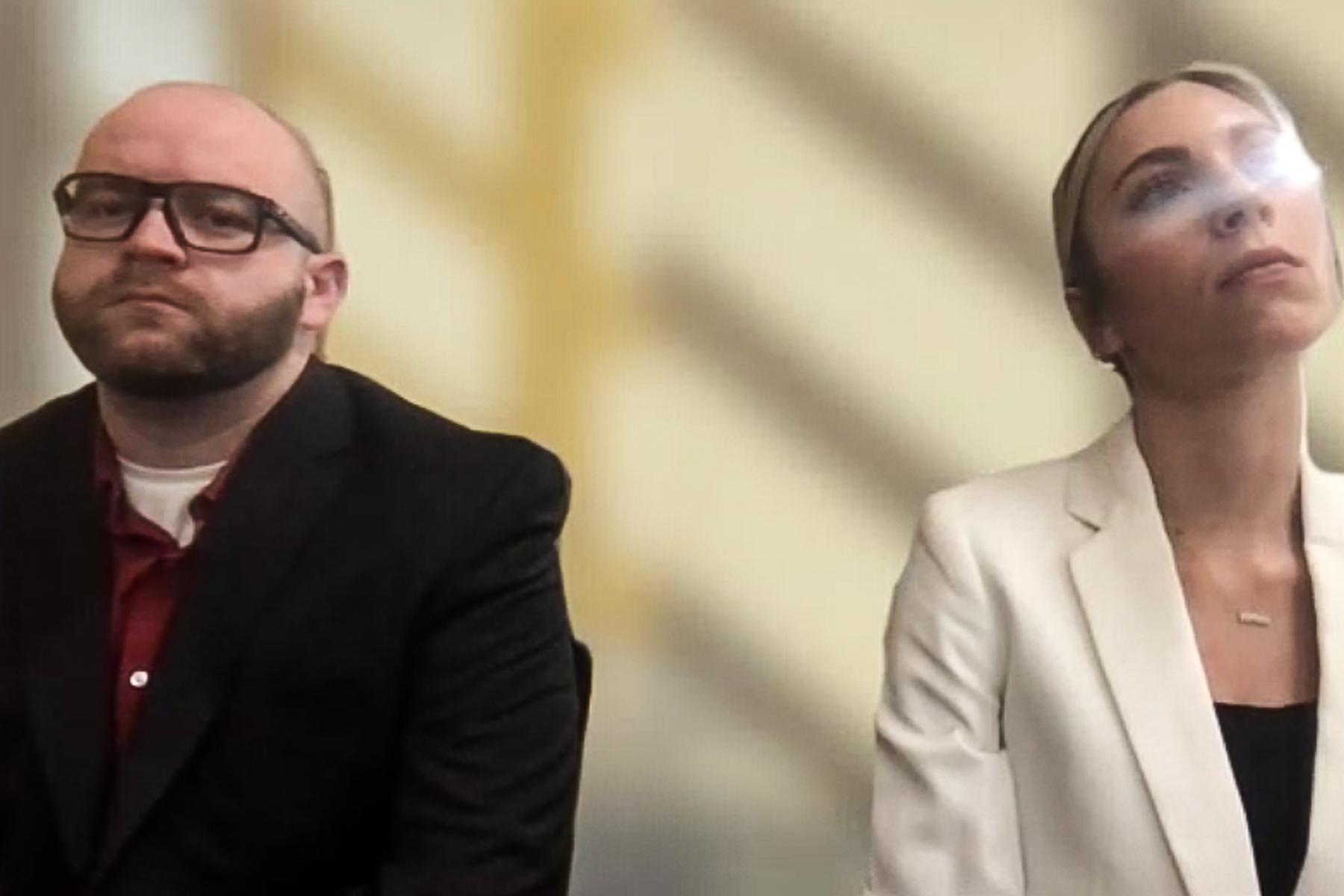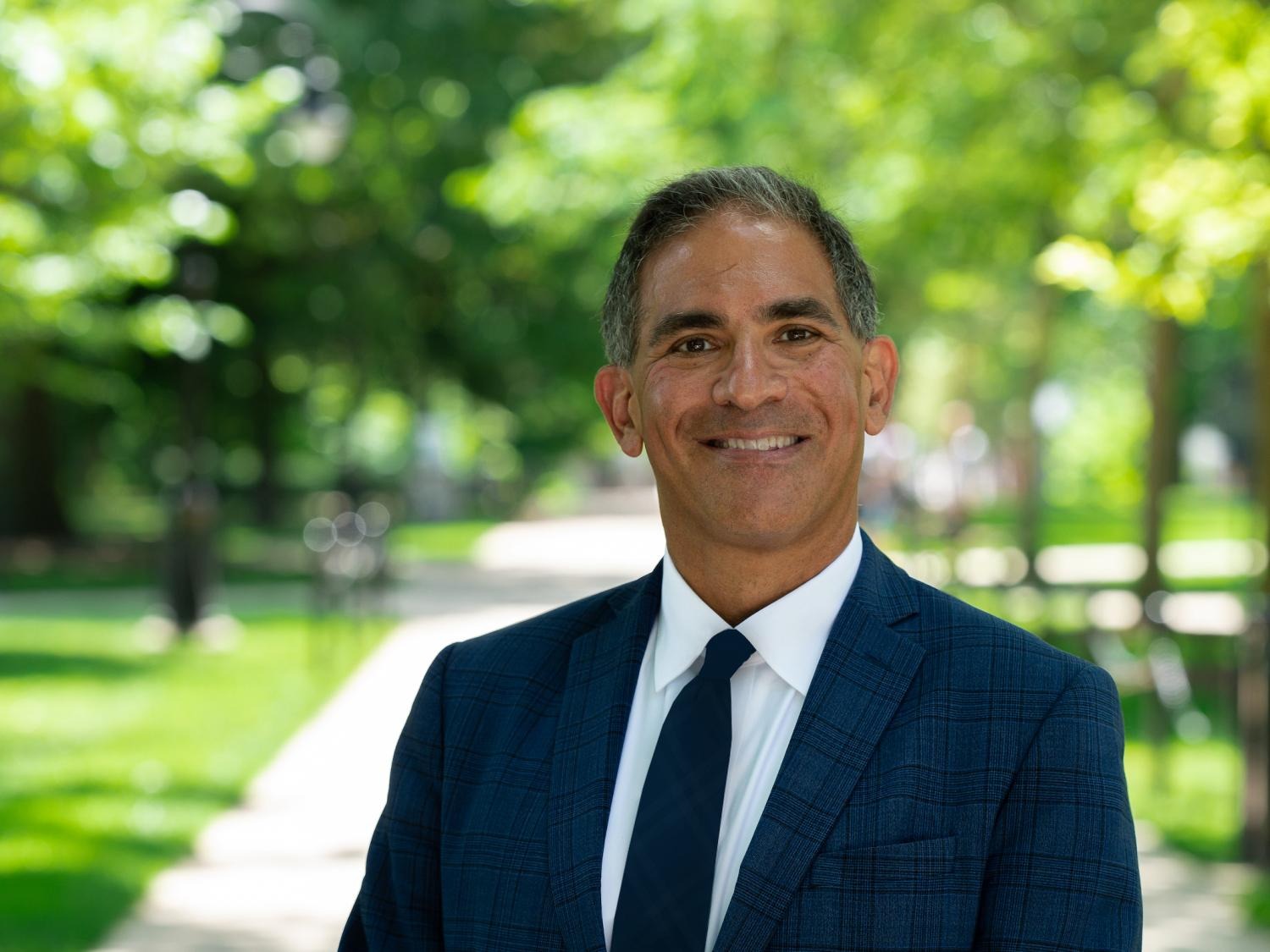

Why is this day unlike any other?
I get up, as usual, brew one strong cup of coffee, grab a bucket and scissors and walk through the half-lighted dawn, down the alley to the garden where I cut flowers, pick herbs, weed a little and check the progress of the squash and tomatoes. Cool nights and wet days have slowed the development of their fruits. Their leaves and vines reach skyward for the sun they crave.
The sleepy-eyed dog comes wobbling out the doggy door, stretches and wags forward for his early morning rubdown. I cut a bundle of black-eyed Susan, cosmos and prairie sunflowers and we head westward toward the park.
The morning is unusually cool for late July. Dog walkers clad in fleece and caps and long sleeves greet one another like old friends headed for homecoming.
“What a sweet bouquet,” says one of them who knows me and has known my children for half their lives. She asks where I’m taking the flowers and I say it’s the anniversary of my son’s death today; I’m taking them to the park in his memory. A brief shocked silence follows, but she recovers and offers kind words.
This day is unlike any other, no matter that seven years have passed since July 29, 2007, nearly a third of the total years my son lived on earth. On this day, each passing year, I can look back and measure small steps forward through grief and remembrance.
On this day, seven years ago, I didn’t want the sun to rise the next day because I was afraid to face a tomorrow in which his absence would be real and permanent. On this day, just two years ago, I might not have spoken those words aloud to a neighbor for fear they would choke me.
Twenty years ago, on a July morning like this one, my son would have been planning a day in this same park, at the top of a hill in a grove of old pines where he and his brothers rigged booby traps, set up fort and camouflaged themselves in the boughs of the trees.
The dog and I find a bench in the sun and he chases the tennis ball dutifully while I sit and remember. It is important to be here, to look at the backstop and the child-sized blue bench of the baseball field, and to remember my boy in his T-ball uniform, how he never really fell in love with a sport but always loved the uniforms.
A few years ago, I panicked when I realized that details of him were fading, that a day might have gone by without a direct reference to him, without the sound of his name.
This day is unlike any other because I can walk slowly through it, collecting details that have been submerged but have resurfaced, like leaves floating on a still pond.
The dog and I follow a trail through the park, looking for the right place to set the flowers. The right place must be overgrown with enough weeds to hide a small, dark- haired boy and a pile of water balloons. The pines must be close together with low limbs parallel to the ground, easy to climb and to make a quick exit. The right place must be next to a graveled, red dirt slope,a steep path from where knowing and unsuspecting passersby can be ambushed.
One year I worried that I had not grieved enough; another year I worried that I would never stop. Every year I have regretted not remembering whether I told him I loved him the last time I saw him alive.
From the bottom of the steep dirt slope I can see the right spot, a thick stand of ponderosas. The dog and I climb up toward the trees, A recent rain, a gully washer, has carved a river down the middle of the path. My boy would have dammed that river with rocks, would have launched stick canoes down it, would have watched the water rise, then changed its course with the studied application of a well placed boulder.
That’s the kind of boy he was. I didn’t get to know the kind of man he would become. I drop the yellow flowers at the foot of the biggest tree. The dog gives them a sniff and we head home past houses, some of which have stood for a century, in my son’s footsteps, into the rest of this extraordinary day, this unpredictable life.
Kathryn Eastburn is the author of A Sacred Feast: Reflections of Sacred Harp Singing and Dinner on the Ground, and Simon Says: A True Story of Boys, Guns and Murder in the Rocky Mountain West. You can comment and read or listen to this column again at The Big Something at KRCC.org. “The Middle Distance” is published every Friday on The Big Something and airs each Saturday at 1 p.m. right after This American Life.








